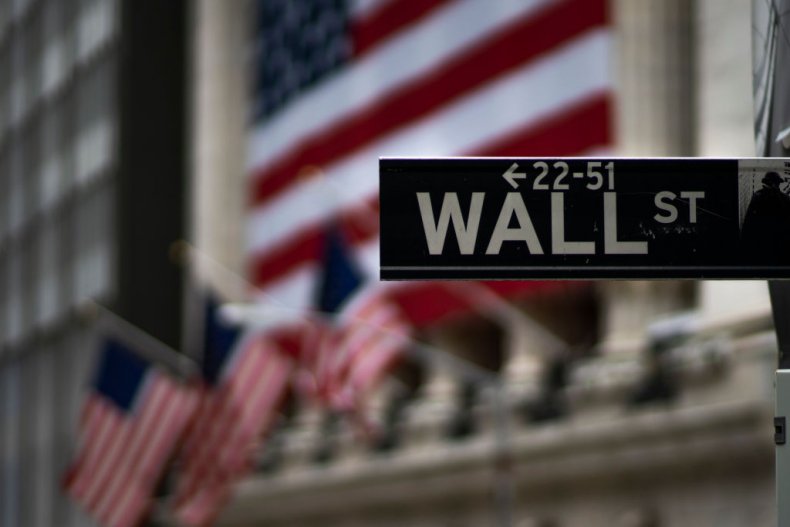
This article is more than
5 year oldBrian Moynihan, the CEO of Bank of America, said on Sunday that analysts at his financial institution do not expect the economy to rebound to the level it was at prior to the coronavirus pandemic until late in 2021.
The U.S. economy has taken its biggest downturn in decades, as the pandemic has led state leaders across the country to order all but essential businesses to shut down in an effort to curb the spread of the coronavirus. Already, some 26.4 million workers have filed for unemployment in less than two months, a higher number than all the jobs created since the Great Recession of 2008 and 2009.
Appearing in an interview with CBS News' Face the Nation, Moynihan suggested that there will be a couple quarters of economic losses before the country returns to seeing growth.
NEWS: @BankofAmerica CEO Brian Moynihan tells @margbrennan that $BA analysts “think it’s late next year” when the U.S. economy returns to pre-#Coronavirus levels. pic.twitter.com/tfkC8hlhiJ
— Face The Nation (@FaceTheNation) April 26, 2020
"That actually provides some hope that as the economy opens up in pieces and safely, you'll see that consumer spending continue to grow, which will help fuel the U.S. economy," Moynihan said. He suggested that the efforts from Congress to shore-up unemployment benefits, provide stimulus checks to most Americns, and offer assistance to struggling businesses appears to have had a positive impact.
In a separate interview with Fox News Sunday, Treasury Secretary Steven Mnuchin optimistically predicted that Americans would start seeing the economy rebound over the summer.
"I think as we begin to reopen the economy in May and June, you're going to see the economy really bounce back in July and August, September," Mnuchin said. He noted that the government has already put an "unprecedented amount of fiscal relief into the economy."

EDUARDO MUNOZALVAREZ/VIEWPRESS/GETTY |
But an economic analysis from the Congressional Budget Office (CBO), which was published on Friday, suggested that unemployment could remain close to 10 percent by the end of 2021. The report projected that unemployment is currently close to 14 percent and will rise to 16 percent.
To put that in perspective, during the peak of the Great Recession, unemployment rose to a high of 9.9 percent in 2009. Other economic experts have projected that unemployment could rise substantially higher, with some even suggesting it could hit 30 percent. The highest level of unemployment recorded in U.S. history came during the Great Depression, when it rose to 24.9 percent in 1933.